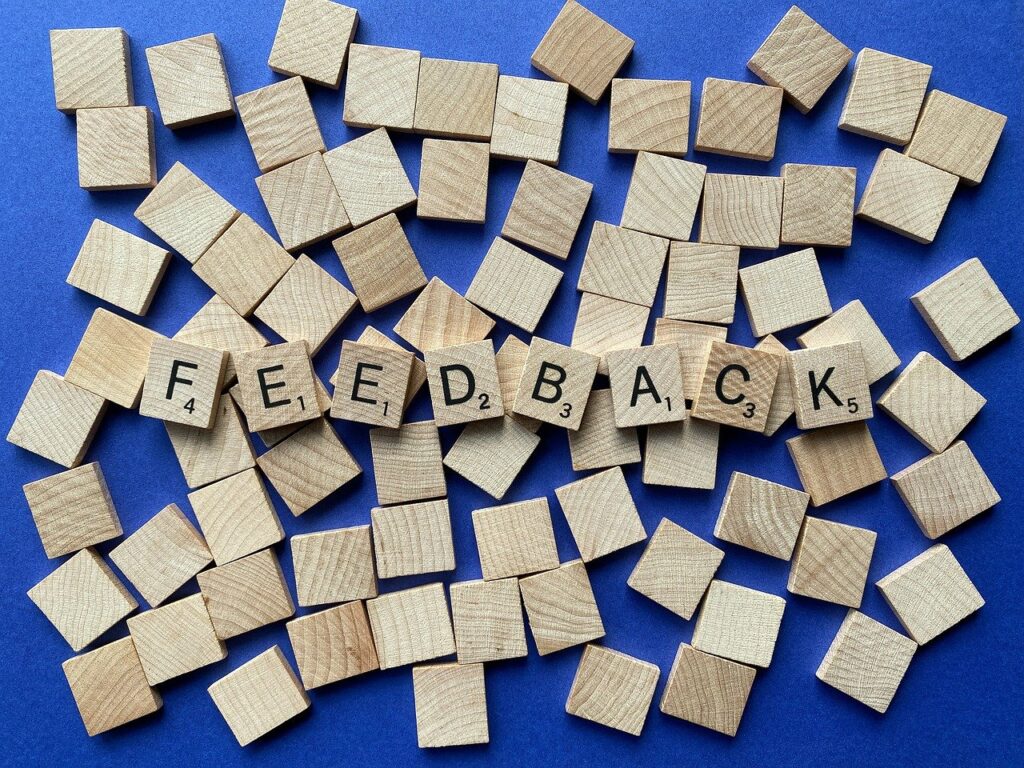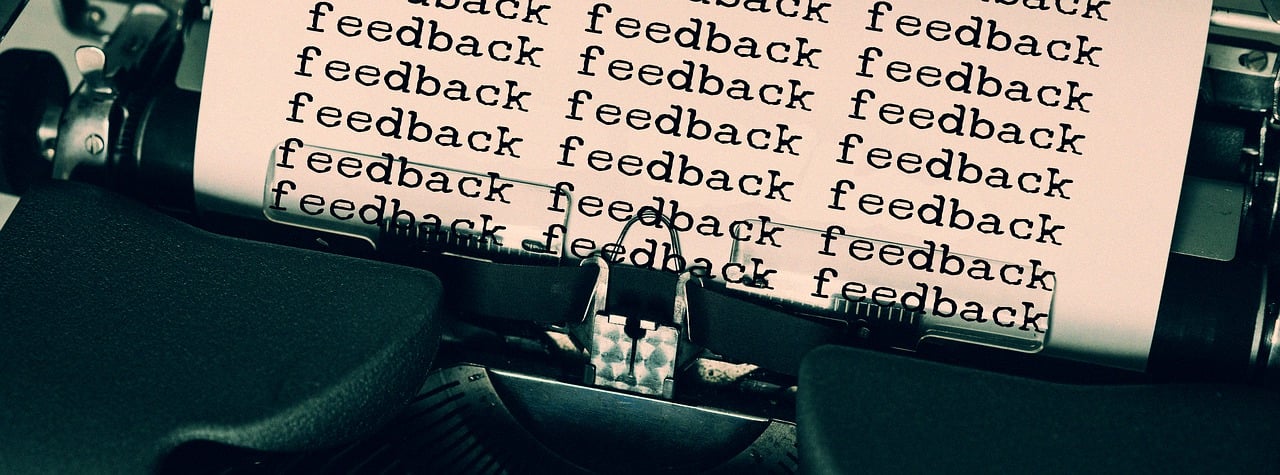Why Is Feedback Crucial in Second Language Acquisition?
Feedback plays a vital role in learning a new language. It helps you understand your mistakes, improve pronunciation, and grasp grammar rules more effectively. In this article, we will delve into the significance of feedback in second language acquisition and how it can accelerate your learning process.

This image is property of pixabay.com.
Understanding the Impact of Feedback on Language Learning
When you receive feedback on your language skills, it gives you an opportunity to identify areas of improvement. This can be in the form of corrections on pronunciation, grammar, vocabulary usage, or sentence structure. Feedback allows you to continuously refine your language skills and avoid repeating the same mistakes.
Types of Feedback in Second Language Acquisition
There are two main types of feedback in language learning:
-
Corrective Feedback: This type of feedback focuses on correcting linguistic errors. It helps you recognize mistakes and learn from them.
-
Reinforcement Feedback: This type of feedback reinforces correct language use. It boosts your confidence and motivates you to continue practicing.
Importance of Immediate Feedback in Language Learning
Receiving immediate feedback after practicing a language skill is crucial for effective learning. It allows you to correct mistakes while they are still fresh in your memory, leading to better retention and application of the correct language rules. Immediate feedback also helps in reinforcing correct language use and building a strong foundation in the new language.
Benefits of Providing and Receiving Feedback
Providing feedback to others while learning a new language can also benefit you. By offering feedback to your peers, you reinforce your own understanding of the language rules and improve your ability to identify mistakes. Receiving feedback from others helps you gain different perspectives on your language skills and provides valuable insights for improvement.

This image is property of pixabay.com.
Overcoming Challenges in Providing Feedback
While providing feedback to others, it is essential to be constructive and encouraging. Pointing out mistakes in a positive manner can help learners feel motivated to improve rather than discouraged by criticism. It is important to focus on the learning process and progress, rather than perfection, when giving feedback to language learners.
Utilizing Technology for Feedback in Language Learning
In today’s digital age, technology offers various tools and resources for providing and receiving feedback in language learning. Online language learning platforms, language exchange apps, and virtual classrooms provide opportunities for interactive feedback from teachers, peers, or AI-powered systems. Leveraging technology can enhance the feedback loop in language acquisition and make learning more effective and engaging.

This image is property of pixabay.com.
Strategies for Incorporating Feedback in Your Language Learning Routine
To make the most of feedback in second language acquisition, it is essential to incorporate it into your learning routine. Here are some strategies to help you effectively use feedback for language improvement:
-
Set specific goals: Define clear language learning objectives and seek feedback that aligns with your goals.
-
Practice regularly: Engage in consistent practice activities that allow for feedback, such as conversations, writing exercises, or listening comprehension tasks.
-
Reflect on feedback: Take time to reflect on the feedback you receive, identify patterns in your mistakes, and work on addressing them systematically.
-
Seek diverse feedback sources: Gather feedback from a variety of sources, including teachers, language exchange partners, online forums, or language learning apps, to gain different perspectives and insights.
The Role of Feedback in Pronunciation Improvement
Feedback plays a crucial role in improving pronunciation in second language acquisition. By receiving feedback on your pronunciation errors, stress patterns, intonation, and phonetic accuracy, you can make significant progress in sounding more native-like. Pronunciation feedback helps you develop clear and understandable speech, which is essential for effective communication in a foreign language.
Addressing Grammar Challenges Through Feedback
Feedback on grammar mistakes is essential for mastering the rules of a new language. By receiving corrections on verb conjugation, sentence structure, word order, and other grammar aspects, you can enhance your language skills and become more proficient in grammar usage. Grammar feedback helps you internalize the language rules and apply them correctly in various contexts.
Incorporating Feedback in Vocabulary Acquisition
Feedback on vocabulary usage is valuable for expanding your language proficiency. By receiving feedback on word choice, collocations, idiomatic expressions, and lexical accuracy, you can build a richer vocabulary and improve your communication skills. Vocabulary feedback helps you select the right words for different contexts and enhance your language fluency.
Enhancing Writing Skills Through Feedback
Feedback on writing assignments is crucial for developing language proficiency in writing. By receiving corrections on spelling, punctuation, grammar, sentence structure, coherence, and cohesion, you can refine your writing skills and produce more accurate and organized texts. Writing feedback helps you express your ideas clearly and effectively in writing, which is an essential skill in language learning.
Improving Listening Comprehension Through Feedback
Feedback on listening comprehension exercises is essential for enhancing your ability to understand spoken language. By receiving feedback on comprehension accuracy, vocabulary recognition, listening strategies, and note-taking skills, you can improve your listening comprehension skills and become more proficient in understanding spoken language. Listening feedback helps you sharpen your listening skills and adapt to different accents and speaking styles.
Mastering Speaking Skills Through Feedback
Feedback on speaking exercises is crucial for refining your oral communication skills. By receiving corrections on pronunciation, fluency, intonation, grammar accuracy, and conversational strategies, you can improve your speaking fluency and clarity. Speaking feedback helps you develop confidence in expressing yourself verbally and engage in meaningful conversations with native speakers.
Conclusion
Feedback plays a vital role in second language acquisition by providing valuable insights, corrections, and motivation for continuous improvement. By incorporating feedback into your language learning routine, you can enhance your language skills, address weaknesses, and accelerate your progress towards language proficiency. Utilize the power of feedback to refine your pronunciation, grammar, vocabulary, writing, listening, and speaking skills in a new language. Remember that feedback is a powerful tool for enhancing your language learning journey.

